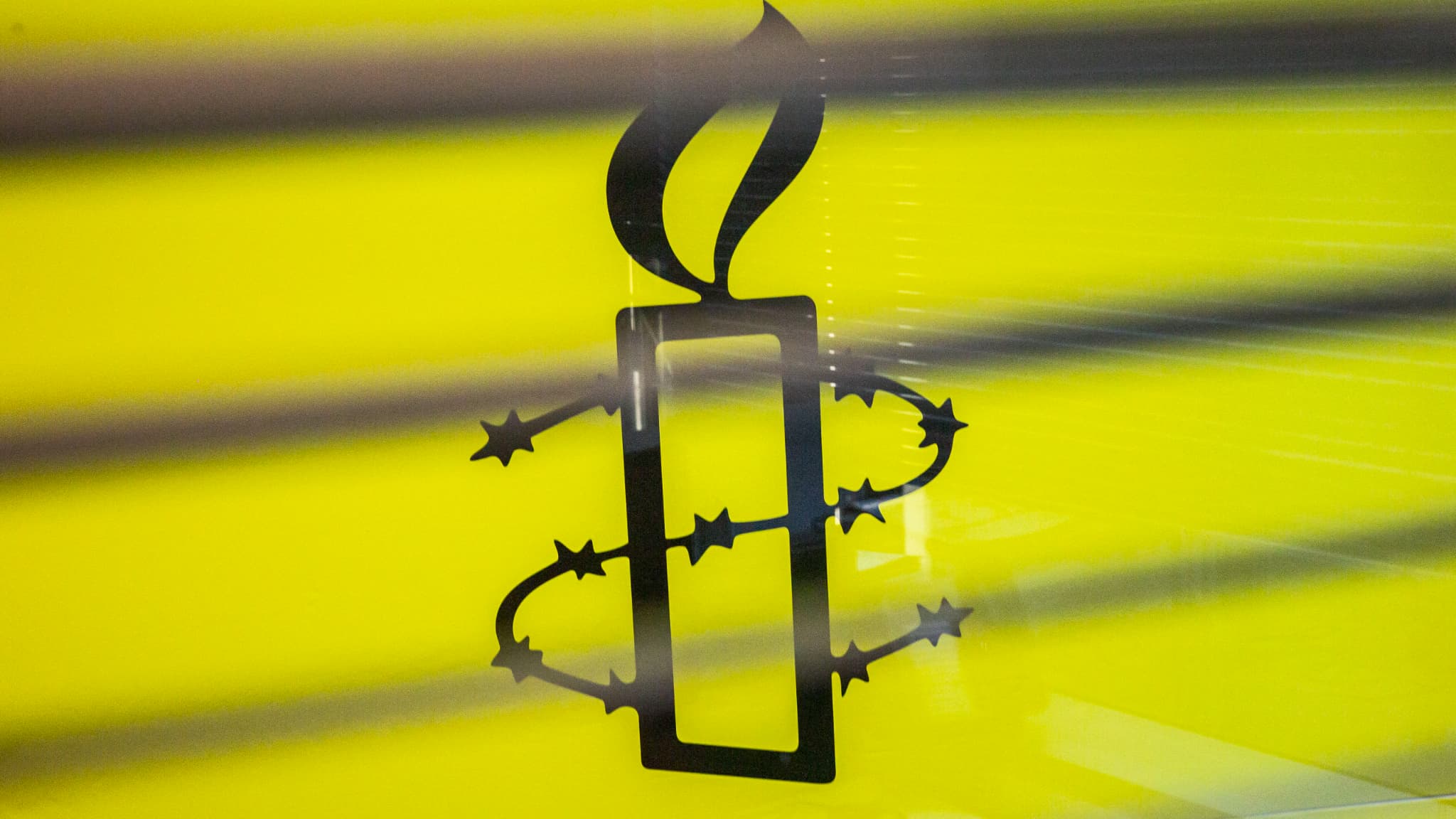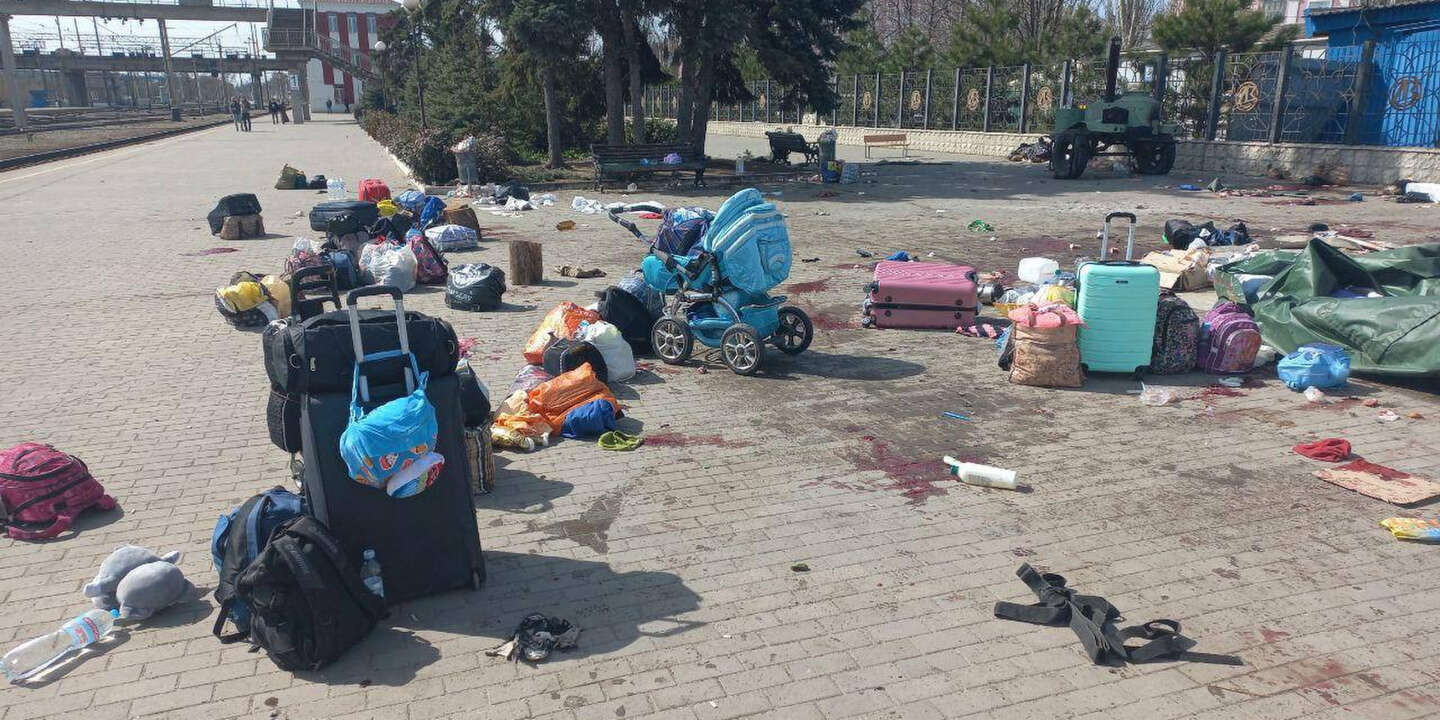Russian authorities announced on Friday that they had excluded several NGOs from their official register, leading to the closure of the offices of Amnesty International and Human Rights Watch on the spot.
Russia on Friday announced the closure of the local offices of several renowned human rights NGOs, including Amnesty International and Human Rights Watch. This announcement came amid a Russian-Western clash over Ukraine, where Russia has been leading a military offensive since Feb. 24.
Amnesty (UK) and HRW (US) local representations have been “excluded from the official register of foreign non-governmental organizations” in Russia due to “violations of Russian law,” according to a published press release. in the evening by the Russian Ministry of Justice.
Among the other NGOs excluded from this register, 15 in total, are the Carnegie Foundation for International Peace (United States), the Friedrich Naumann Foundation for Freedom (Germany), and the Friedrich Ebert Foundation (Germany). This is de facto their closure, Amnesty said in a statement.
“The authorities are wrong”
“Today, the Russian authorities closed the offices of Amnesty International and other international NGOs,” she said.
The NGOs have thus been “punished for defending human rights and telling the truth to the Russian authorities,” said Amnesty Secretary-General Agnès Callamard in the press release. “The authorities are deeply mistaken if they think that by closing our office in Moscow they can end our work aimed at documenting and exposing human rights violations,” she said. Amnesty will now “redouble its efforts to expose Russia’s gross human rights violations at home and abroad,” Callamard said.
A twist on information
Human Rights Watch, which has been based in Russia for 30 years, also assured that it would continue its work in the country. “HRW has been present in Russia since Soviet times, when it was a closed totalitarian state. We then found ways to document human rights violations and we will do so in the future,” said Rachel Denber, deputy director of the Europe Division. and Central Asia at HRW.
Since the start of the military operation in Ukraine, the sites of many Russian and foreign media in Russia have been blocked. In March, authorities also passed several laws to abolish harsh prison terms for what they consider “false information” about the conflict.




